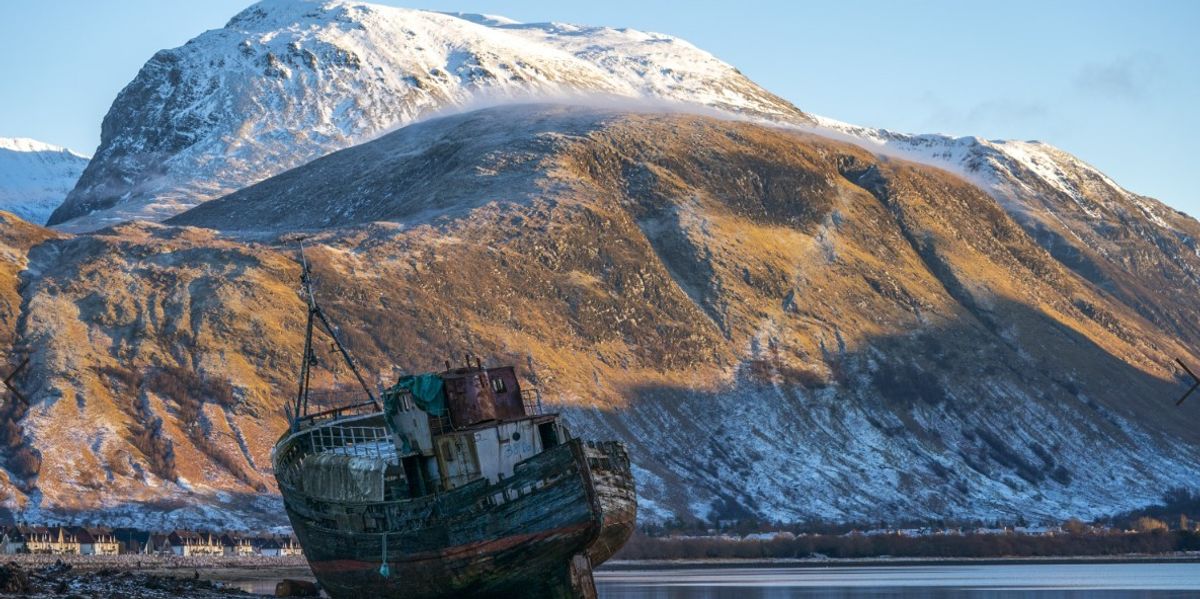Visitors to the Scottish Highlands could soon face a five per cent tourist tax on accommodation under new proposals to be considered by councillors next week.
The scheme aims to raise an estimated £10million annually to support local infrastructure improvements.
The proposed levy would apply to all types of overnight stays, with no exemptions planned, even for local residents requiring accommodation for hospital visits.
If approved following a 12-week consultation starting next Friday, the tax could be implemented by autumn 2026.
The levy could be introduced by 2026
PA
The move follows Edinburgh’s plans to introduce a similar five per cent charge in summer 2026.
The tax is enabled by the SNP’s Visitor Levy Act, which gives Scottish councils the power to impose charges on overnight accommodation, with providers able to pass costs to guests.
The proposal proceeded despite 63 per cent of organisations opposing it during public consultation. The Highlands currently attracts more than six million visitors annually to its diverse attractions.
The region’s appeal spans from the Cairngorms National Park to the North Coast 500 tourist route, the Isle of Skye, and beaches along over 3,000 miles of coastline.
Council officials say the proposed tax revenue would help address infrastructure challenges, particularly roads facing significant pressure.
Councillor Ken Gowans, chair of Highland Council’s economy and infrastructure committee, highlighted potential uses for the funds.
“Tourism is one of our most important sectors and the levy could form an essential part of how we sustain, support and develop the services and infrastructure which the sector relies on,” he said, adding that some of the money could be directed towards fixing potholes on regional roads.
Local business leaders have expressed mixed reactions to the proposed levy.
Frazer Coupland, chief executive of Lochaber Chamber of Commerce, acknowledged the potential benefits of extra funding but raised concerns about collection methods and fair distribution.
He also questioned how the levy would affect people travelling from rural areas for hospital appointments.
Nagina Ishaq, general manager of the Loch Ness Centre, warned of potential challenges to the tourism sector.
“There are concerns among businesses that this could have a major impact on visitor numbers and operating costs,” she said.
“The levy must be carefully managed, with clear transparency to ensure funds are reinvested directly into tourism infrastructure,” Nagina added.
Officials have pointed to similar levies already operating in European tourist destinations like Amsterdam and Berlin.

